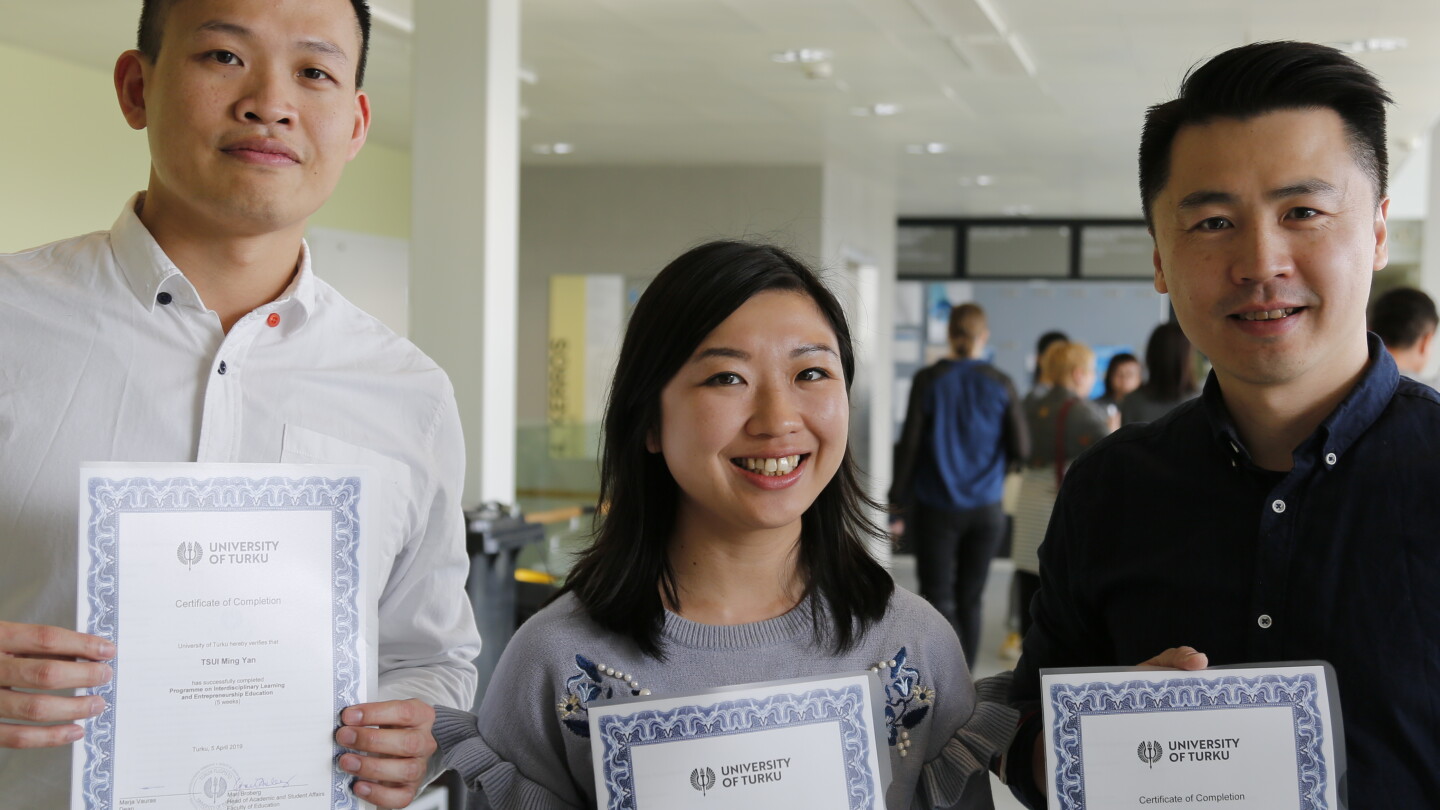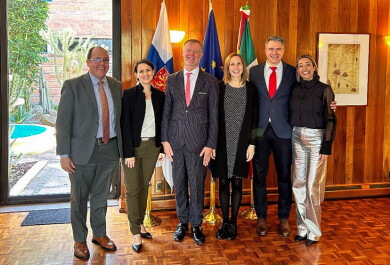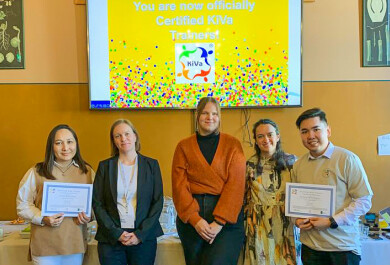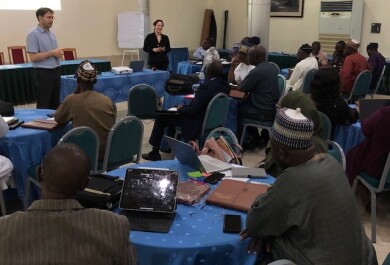Finnish Education System’s Top Reputation Brought Teachers from Hong Kong for Five-week Excursion to University of Turku and Turun normaalikoulu School
For five weeks, a group of teachers from Hong Kong visited the Department of Teacher Education at the University of Turku and the Turun normaalikoulu school to learn more about the Finnish education system and teacher education. As for the special characteristics of the Finnish education system, the visitors were particularly interested in phenomenon-based learning, teacher’s independent role, and focusing on the pedagogical aspect of teaching.
The group’s 15 teachers have behind them five intensive and practical weeks of learning about the everyday activities at the school, teacher education, and Finnish education system.
– I’m a long-standing admirer of the Finnish education system, as we’ve heard a lot about it in the media. It’s been great to get the chance to experience the Finnish learning environment as well as the roles of the teacher and the pupil, says Ivan Tsui.
Tsui and his colleagues Celia Lee and Mark Mak considered e.g. the flexible curriculum of the Finnish education system interesting, as it enables the use of different kinds of interesting and creative pedagogical means in teaching instead of solely focusing on going through as much information as possible.
– Teachers are also highly competent. They have a lot of work, but they still find time for creative ideas in teaching. The pupils clearly enjoy learning and take an active part in the lessons. In the classes, collaboration and social skills are practiced a lot in different kinds of common projects, says Celia Lee.
According to Tsui and Mak, Hong Kong’s education system follows the British model, and the focus is on competition and performance targets more than in the Finnish system.
– Here we have noticed how the teacher emphasises the pedagogical aspect of teaching and the development of multidisciplinary skills more. Even if the pupils can’t finish an exercise, it doesn’t matter as long as learning takes place and skills are developed. The pupils are encouraged to learn and develop their skills rather than to compete with each other for the best results and marks, state Tsui and Mak.
The five-week continuing education period in Finland ended with a common certificate distribution event where experiences from the past few weeks were in a cheerful and enthusiastic atmosphere. Tsui, Lee, and Mak regard their continuing education period as highly successful and inspiring.
– During the visit, we’ve got a lot of ideas for our own work. Developing multidisciplinary skills is one of the most important matters in the future, and we should also shift the focus from the amount of taught information to developing multidisciplinary skills, they ponder.
– I’ll aim to bring more different kinds of projects and collaboration into my own class and I’ll try to encourage my colleagues to do the same, says Mak.
The group’s visit was part of the transnational education activities of the University of Turku. The visit was ordered by the Hong Kong Education Bureau that organises international continuing education opportunities for teachers.
Text and photo: Liisa Reunanen
Translation: Aura Jaakkola




